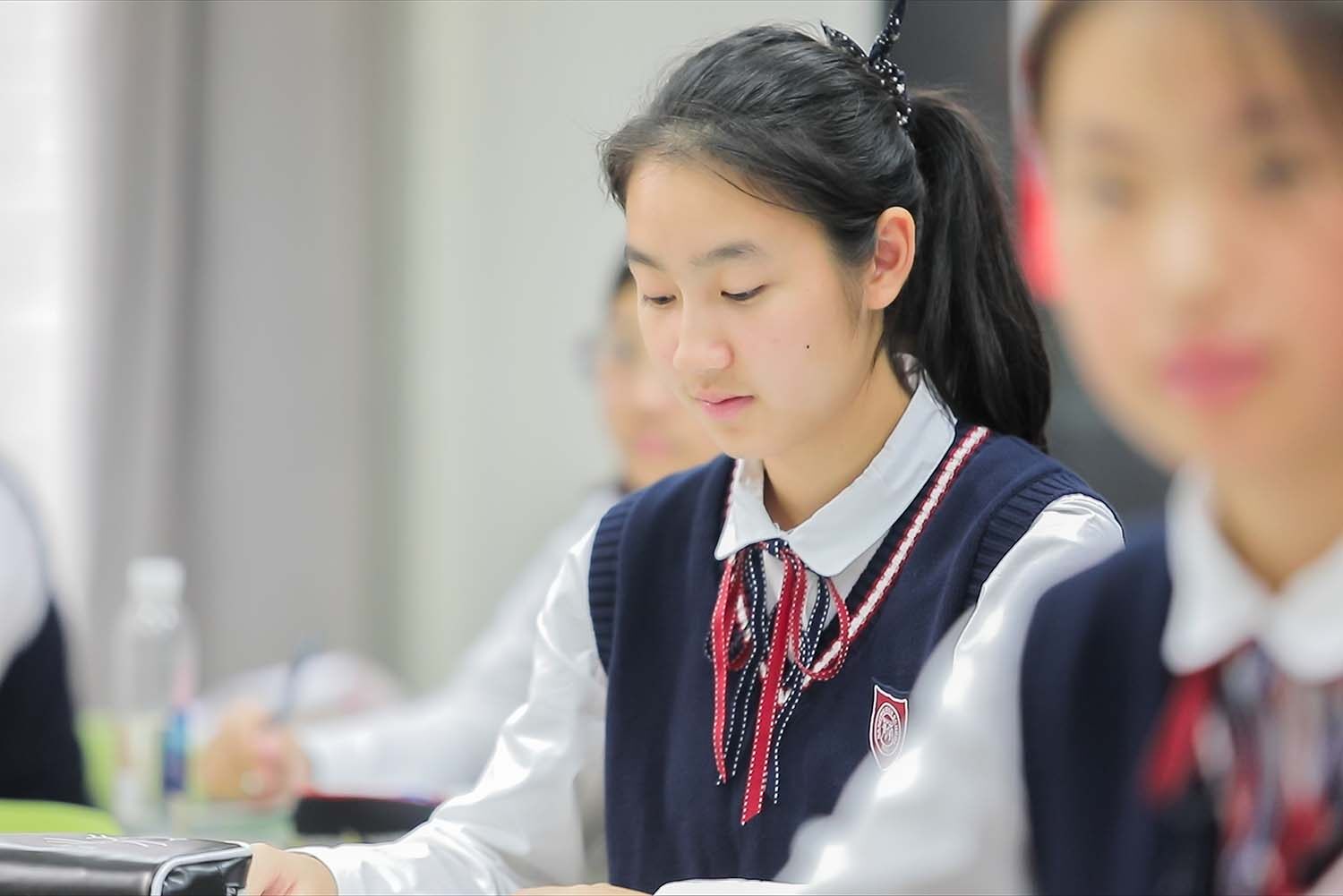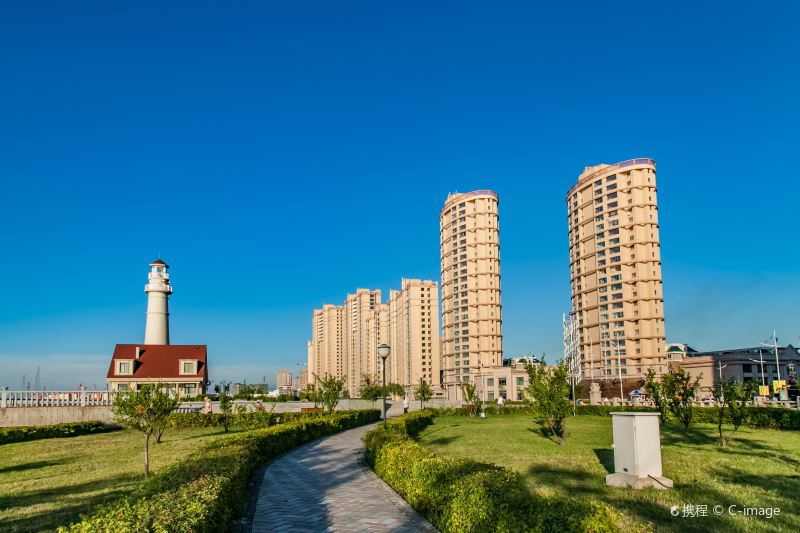Daily Life in Wuwei County
Wuwei is a county-level city located in central Anhui Province, China. With a GDP per capita of around $5000 USD in 2016, it remains an economically developing area. However, signs of progress could be seen across the small city. New infrastructure projects like the Wuwei Railway Station brought more convenient transportation and opportunities for economic growth.
The station serves as a vital transportation hub, connecting Wuwei to major cities within Anhui and beyond. Its regular passenger service allows locals and visitors efficient travel for work, education or leisure. Nearby were also new commercial and residential developments to support the growing population. While still not as prosperous as higher-tier cities, Wuwei showed steady signs of improving living standards through strategic infrastructure investments.
Exploring the Natural Beauty of Wuwei
Beyond the urban developments, Wuwei boasted natural attractions that drew visitors. The scenic river banks were popular spots for locals to relax outdoors. Leafy parks within the city provided respite from the bustle of daily life. However, Wuwei’s great charm lay in its rural surroundings filled with farmland and traditional villages. Some ventured further to hike through lush forests or admire the spectacular red maple trees during autumn. Nature remained an integral part of life and culture in this traditionally agricultural region.

University Life in Anqing City
I pursued my undergraduate degree in nearby Anqing, a historical city ranked one tier higher than Wuwei. Though less developed economically, Anqing exhibited a refined culture and clean, organized urban planning. As a student, campus life had a comforting rhythm. Classes were held in modern facilities while free time could be spent in the scenic libraries, catching up on studies or simply unwinding with a hot drink.
Enjoying Urban Amenities in Anqing
Outside of campus, Anqing offered delightful surprises. The city spared no effort in beautifying public spaces. Neat gardens, art installations and well-maintained parks were everywhere. Contemporary landmarks sat alongside historical architecture. The university district bustled with cafes and shops catering to students. Getting around was easy on the efficient subway and bus networks. While a typical Chinese city in many ways, Anqing distinctively blended tradition with modern comforts - an ideal student home.
Adapting to Life in China during Covid-19
The pandemic brought immense disruptions. Travel restrictions isolated many overseas students in 2020. Life moved mostly online as campuses shut down. However, China acted swiftly to curb the virus through strict control measures. By mid-2021, the situation gradually stabilized with cautious reopening.
Regaining Normalcy through Vaccination
Priority was given to inoculating key groups including overseas students. Upon full vaccination, the mandatory centralized quarantine was waived, allowing freer movement again. Some companies started offering foreign-approved vaccines on a paid basis too. Mask-wearing remained compulsory on public transport and in crowded spaces, with temperature checks at busy locations. But students could resume in-person classes and activities on campus once more. Day by day, a semblance of pre-Covid normalcy returned as vaccination drives progressed nationwide.
Cultural Immersion and Travel
When permissible, I made the most of opportunities for cultural enrichment beyond studies. University clubs organized sightseeing trips to renowned sites. On weekends, friends and I explored within Anqing city - relaxing in parks, admiring street art, sampling local cuisine. Low-cost intra-China travel also made deeper excursions possible. Some destinations that left fond memories were scenic Changsha and the terra cotta warriors in Xi’an. Interacting with friendly locals enriched these experiences.
Discovering Hidden Gems in Cities
Beyond headline attractions, serendipitous discoveries brought unique joy. In Changsha, we chanced upon a quirky riverside café perfectly capturing the laidback charm of southern China. Wandering Xi’an suburbs led to a moving battle memorial park, honouring nameless soldiers. Even within campuses, hidden spaces like a calm courtyard or rooftop garden emerged as our little sanctuaries. Life’s simple pleasures remained, regardless of location. Cultural immersion brought lifelong lessons and memories of this transformative period in China.
Appreciating China’s Progress and Potential
Looking back, I am grateful for opportunities opened by pursuing education in China - gaining global exposure relatively affordably while witnessing the country’s development up close. Its trajectory of lifting hundreds of millions out of poverty through disciplined reform is nothing short of remarkable. While challenges undoubtedly exist, China’s commitment to long-term planning inspires confidence in future success.
As young people, we stand to benefit greatly from China’s growing strengths in industries like renewable energy, artificial intelligence, high-speed rail and 5G. With continued progress balanced by environmental and social responsibility, China is well-positioned to become a foremost global leader. It brings me joy seeing cities like Wuwei and Anqing improve standards of living through coordinated growth. I remain optimistic about China’s potential to push boundaries and share prosperity with the world.

 Getting to Know Casablanca Beyond the Surface
Getting to Know Casablanca Beyond the Surface